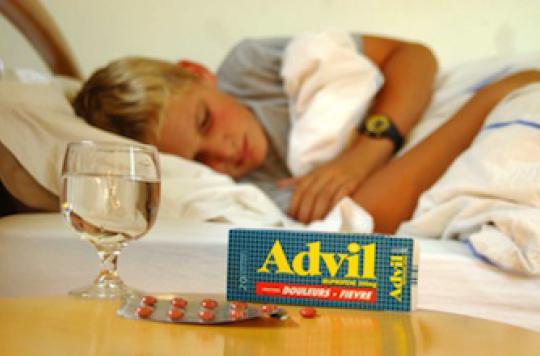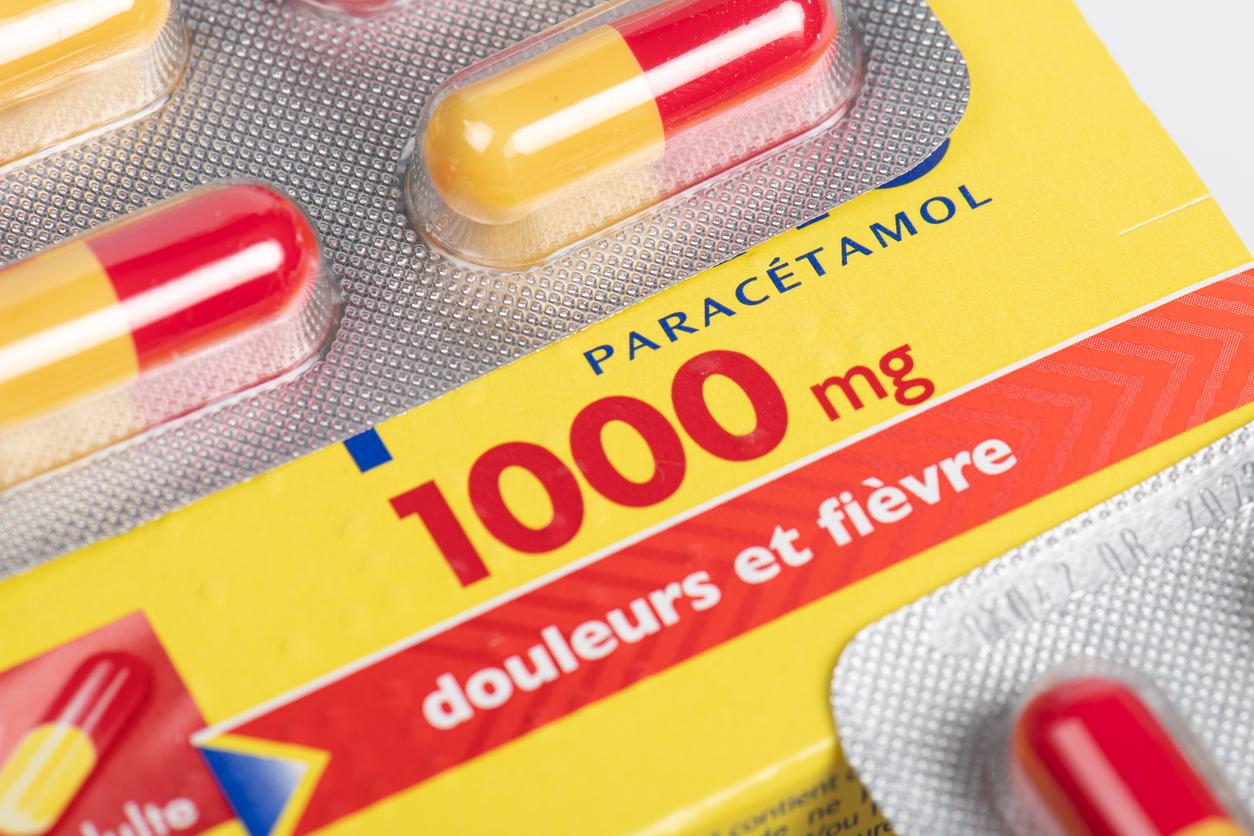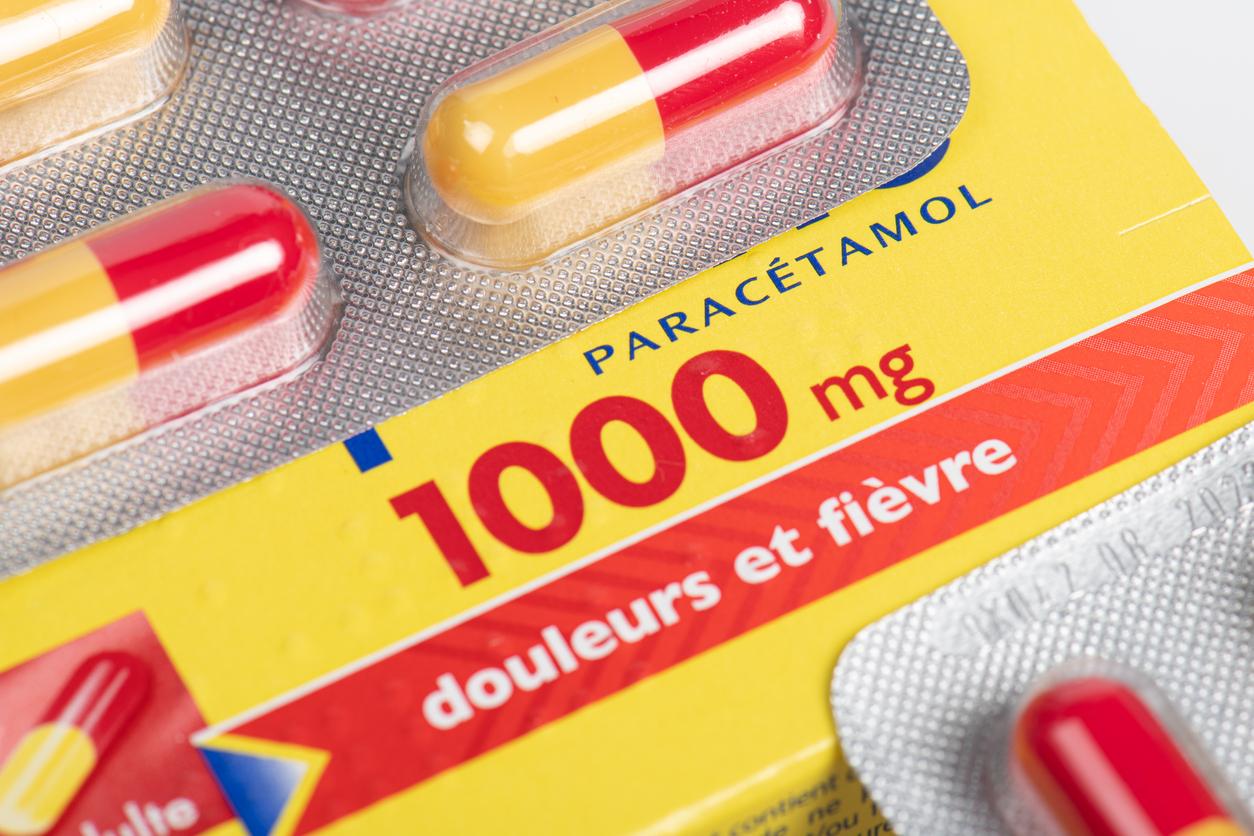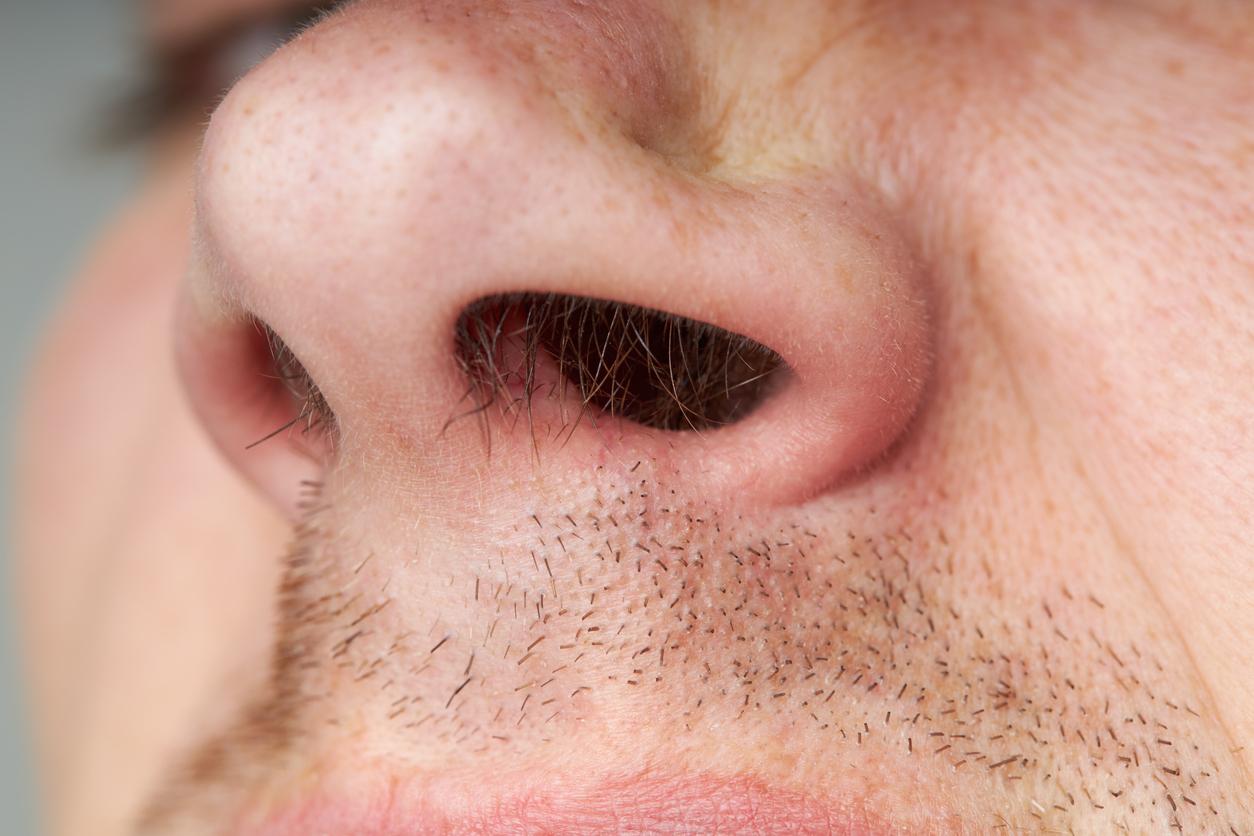French ENTs call for not using anti-inflammatory drugs in cases of sinusitis in children. They could cause serious intracranial complications.

Although available over the counter, ibuprofen should never be consumed by children with sinusitis. This is the observation made by French ENTs who have just held their annual congress. Indeed, this drug from the family of nonsteroidal anti-inflammatory drugs (NSAIDs) widely consumed in France, would not mix well with frontoethmoid sinusitis, a particular type of sinusitis accompanied by fever and headaches. In this situation, ibuprofen could even cause serious complications in children.
Serious intracranial complications
During a communication, Prof. Richard Nicollas, head of the pediatric ENT and head and neck surgery department at the Timone hospital in Marseille, presented the results of a study carried out in his department on the subject. 16 patients with an average age of 11.5 years, suffering from frontoethmoid sinusitis were observed and divided into two groups. On the one hand, those who had received ibuprofen and on the other, those who had taken another drug.
In the ibuprofen group, 6 children presented with complications. These included cases of secondary infections in the sinuses, but one of them even suffered a very serious infection in the eye. Conversely, among the 10 patients who had not received ibuprofen, the authors of this study reported no complications.
Results that did not surprise the authors of this survey. Even if the leaflet for ibuprofen already specifies that it can promote the spread of infections in soft tissues, these specialists prefer to remind that this drug should be banned in the face of any sign suggestive of sinusitis in children.
No self-medication
In children, ethmoid sinusitis can follow, for example, a nasopharyngitis or a cold. The most visible outward sign is usually swelling of the root of the nose, between the two eyes, as well as a high fever (39 to 40 ° C) and a purulent nasal discharge. This type of sinusitis also causes eye pain and headaches in the forehead. In this situation, specialists therefore recommend not to practice self-medication and to quickly consult a doctor who will implement the most suitable treatment. They also point out that this type of infection in children can lead to meningitis, or even leave neurological sequelae.
.

















